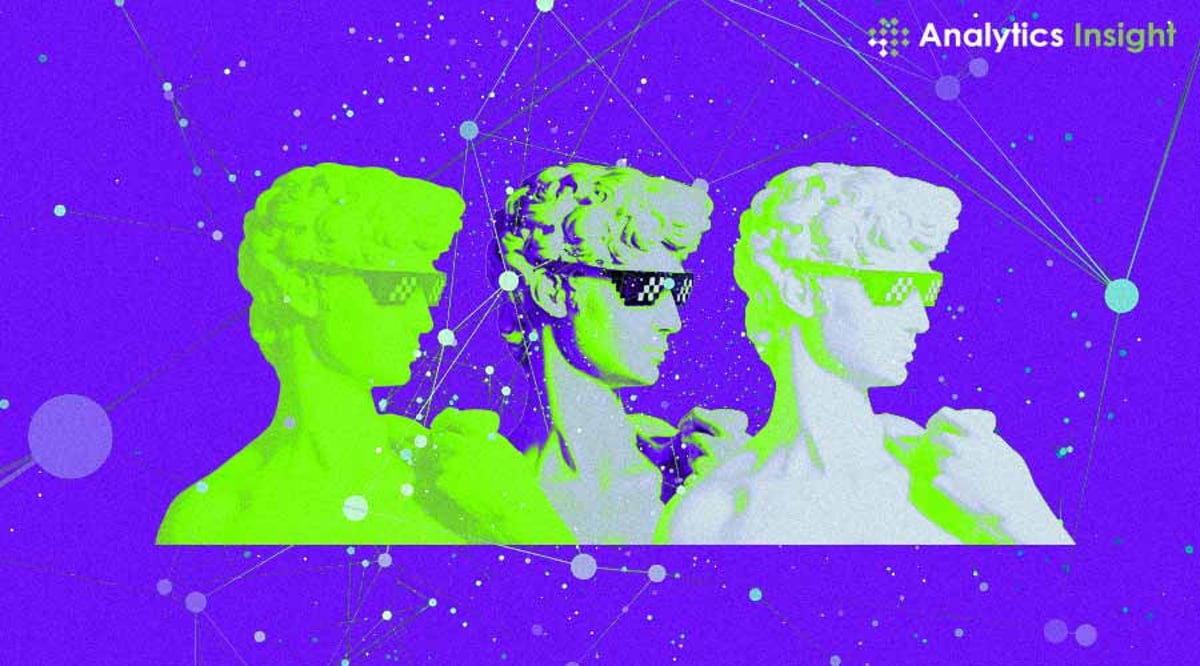By 2025, advances in artificial intelligence (AI) and machine learning (ML) will drastically affect how data science methodologies are applied. Generative AI in the form of, say, models such as GPT and others that come in the future will have effective and efficient capabilities in data analysis and predictive modeling. Automated machine learning (AutoML)- focused tools have literally moved to the forefront of allowing organizations to build models and deploy them without having high-end technical expertise.
Quantum computing is still in its inception stage right now and can certainly prove to be a revolutionary technology. It can process complex computations at unprecedented speed and may meet some data challenges that traditional computing has not been able to address, such as optimization problems on a large scale or cryptographic analysis.
Also, with the convergence of edge computing with data science, the transition between real-time analytics becomes possible, mainly in IoT (Internet of Things) environments. Nowadays, devices process and analyze data locally, thereby reducing latency for faster responses and making industries such as healthcare, smart cities, and autonomous vehicles more comfortable.
